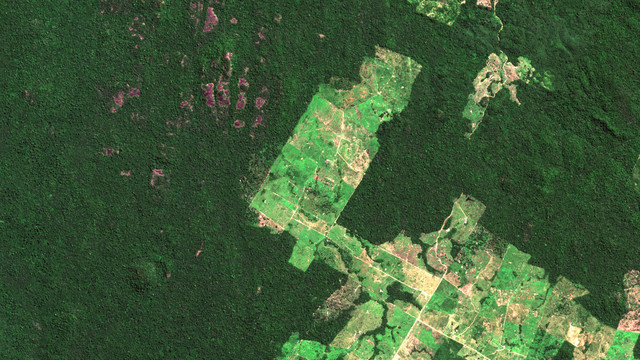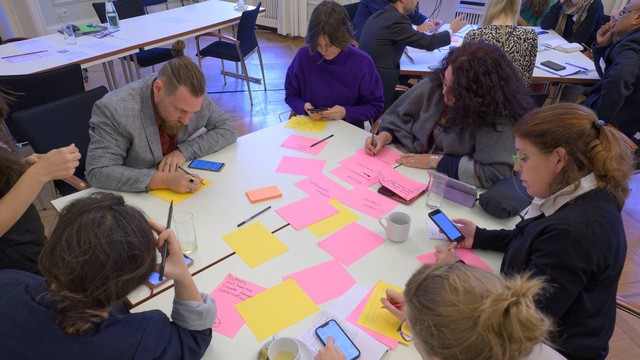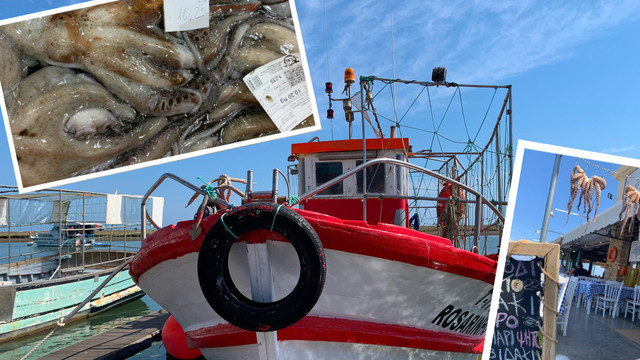New IIED Europe tracker sets the agenda for EU policy change
In a world first, research by IIED Europe shines a spotlight on the policy priorities for the European Union as determined by experts from the Majority World.

Coastal erosion in Grenada (Photo: Kadir van Lohuizen/NOOR, via Flickr, CC BY-NC-SA 2.0)
IIED Europe has launched an innovative tool to identify and amplify the research priorities of sustainable development experts in the global South and North, as part of an ambitious horizon-scanning project critical to influencing European Union (EU) policy change.
This IIED Europe research is a global first for Europe: it is the first time that a pool of experts largely from the Majority World have been asked for their opinion on priority research topics for the EU in a way that is methodologically robust.
The tool – known as the IIED Europe Global Research Priority Tracker – presents 230 priorities across 11 topics, led by climate change and economics, that European environment and development policies, research practices and funding in other parts of the world should focus on.
It is aimed at European policymakers and problem-solvers; to provide meaningful, lasting impacts as part of a connected global community, they must understand the environment and development opportunities and concerns of the Majority World.
Tom Bigg, interim director of IIED Europe, said: “Good decision and policymaking relies on having the right evidence available, but all too often, it has been scholars and funders deciding which evidence to gather and how, on the assumption that they know best.
“This research aims to bring together a much broader group of experts to decide together what questions need to be answered to help improve European policy for the Majority World.”
Horizon scanning
Over the past year, IIED Europe has carried out an ambitious horizon scanning study gathering priorities from experts predominantly in Majority World countries in Asia, Africa and Latin America; distilled them down to around 230 questions; and grouped them into themed clusters.
The analysis found a significant proportion related to natural resource management, climate change, economics, and just transition. More surprisingly, few questions related to pandemics or security concerns, and some themes prominent in the current EU debate were largely absent, including the blue economy.
IIED Europe plans to repeat this horizon scanning every two years, consistently growing the reach of our research and increasing stakeholder participation. We expect the research questions to shift over time, revealing changing priorities and needs.
With this work, IIED Europe intends to enhance and support dialogue between EU institutions and policy experts in the Majority World. We also hope that the research priorities will inform researchers and policymakers beyond the EU.
Access the database of priorities
The searchable tracker allows direct access to the database of priorities that can be searched, filtered and sorted by category, keyword or geographic region so that users can explore the bigger picture or drill down into the detail. It allows results to be configured so users can download a subset of the data they create and share it with others.
Alongside the tracker, IIED Europe has published a working paper, ‘EU policies and the Majority World’, that introduces the aims and methodology of the horizon scanning project, presents the findings and indicates next steps.
If you would like to know more about the tracker or IIED Europe, please register to receive more information via email.
You can also follow IIED Europe on social media:




